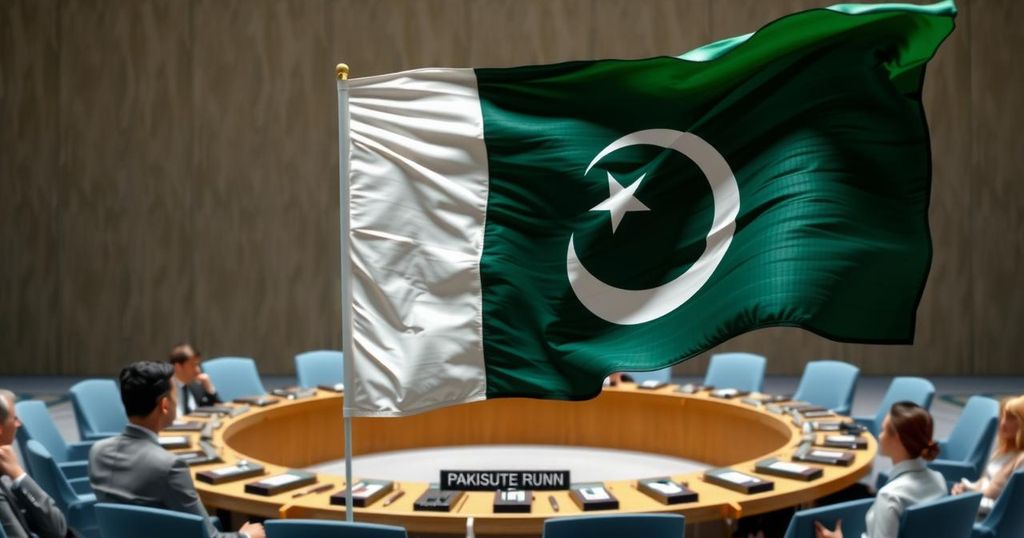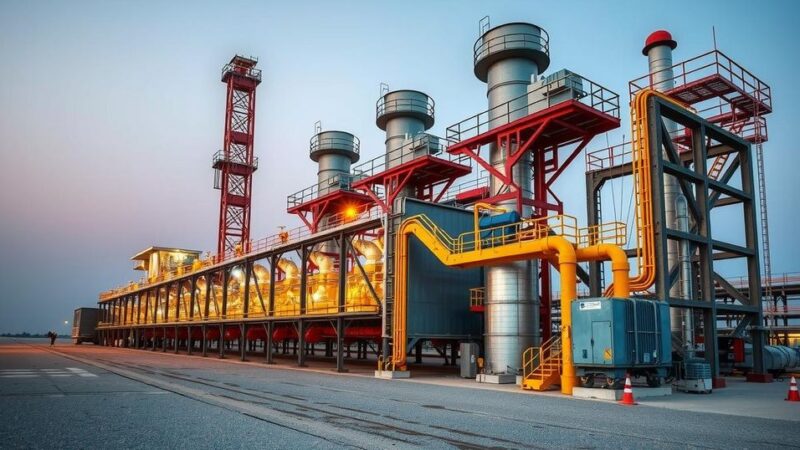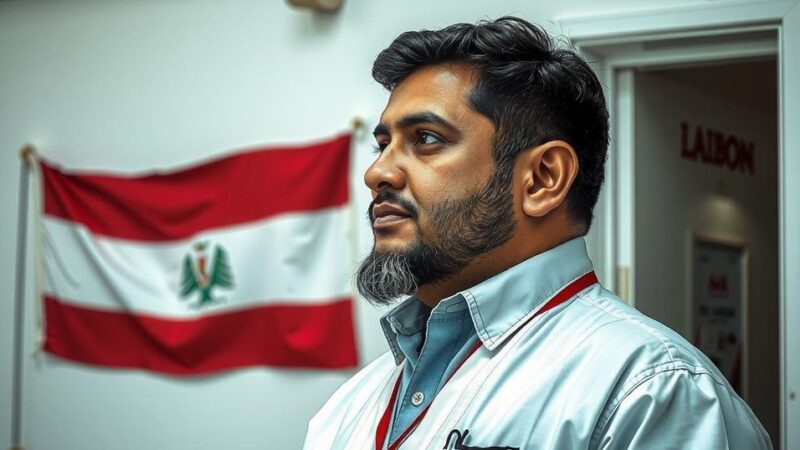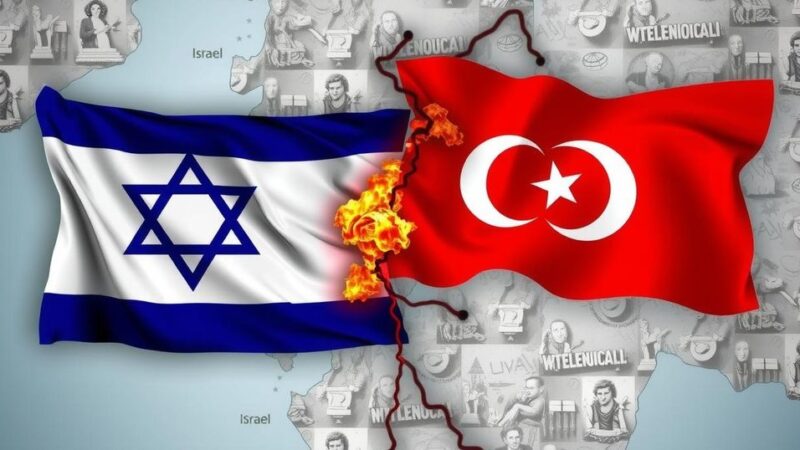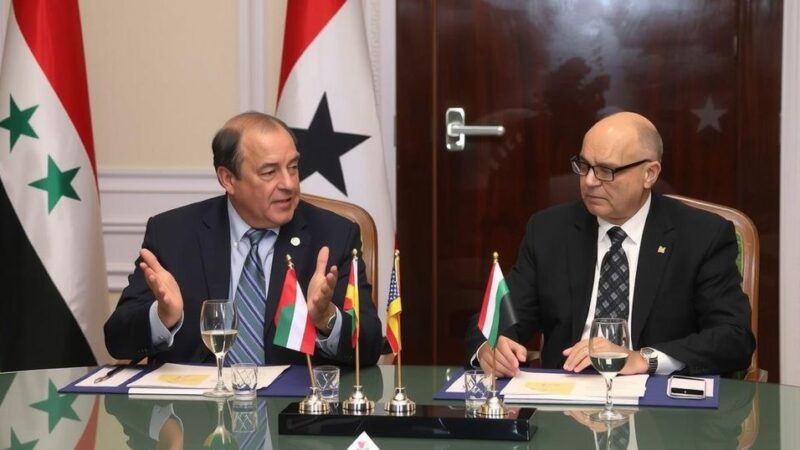Pakistan commenced its eighth term as a non-permanent member of the UNSC, with its flag installed in the chamber. As a member from 2025 to 2026, it replaces Japan and will oversee the council in July. Pakistan’s participation includes contributing to counter-terrorism efforts and advocating for international peace, security, and self-determination for oppressed peoples.
The national flag of Pakistan was ceremonially installed at the United Nations Security Council (UNSC) chamber, marking the commencement of Pakistan’s eighth tenure as a non-permanent member, which will last from 2025 to 2026. This event was announced through a press release by the Permanent Mission of Pakistan to the United Nations on Thursday. Pakistan’s term as a non-permanent member began on Wednesday, succeeding Japan for one of the Asia-Pacific seats on the Council where it will take the chair in July.
The installation of flags for five new non-permanent members, including Pakistan, Denmark, Greece, Panama, and Somalia, took place during a ceremony at the UN Headquarters in New York. These new members replaced Japan, Ecuador, Malta, Mozambique, and Switzerland following the conclusion of their terms on December 31, 2024. Ambassador Asim Iftikhar Ahmad, Pakistan’s Alternate Permanent Representative, led the flag installation ceremony.
During its tenure, Pakistan will participate in the Islamic State (ISIS) and Al Qaeda Sanctions Committee, which is responsible for the designation of individuals and entities involved with terrorism. The UNSC comprises 15 members, where five are permanent—namely Britain, China, France, Russia, and the United States—with the remainder consisting of non-permanent members like Pakistan, which are chosen based on geographical representation, with five rotated annually. The UNSC plays a crucial role in maintaining international peace and security and possesses the authority to make legally binding decisions.
Ambassador Ahmad stated, “Pakistan will continue to be guided by the purposes and principles of the UN Charter including maintenance of international peace and security and development of friendly relations among nations based on the principle of equal rights and self-determination.” He affirmed Pakistan’s commitment to advocating for peoples affected by foreign occupation and oppression as well as their right to self-determination.
He emphasized that Pakistan believes in cooperative multilateralism, with the UN at its foundation, as the most effective strategy to address complex global challenges. Ahmad called for addressing the core causes of prolonged and emerging conflicts and urged prioritizing dialogue, diplomacy, and confidence-building measures globally to mitigate tensions and create an environment conducive to peace and stability. His dedication extended to pursuing just solutions to the issues on the UNSC agenda and optimizing available tools for conflict prevention, peacekeeping, and peacebuilding.
Ambassador Ahmad concluded by underlining the importance of adhering to the UN Charter and international law in all circumstances, ensuring the enforcement of the Security Council’s resolutions, and committing to the humanitarian responsibility toward those affected by conflict, thereby reaffirming Pakistan’s determination to contribute toward a more peaceful and secure global landscape.
Pakistan, a longstanding member of the United Nations, has a history of serving on the UNSC, which plays a fundamental role in shaping international security policies and actions. As a non-permanent member, Pakistan has the opportunity to influence critical discussions on global issues, advocate for international peace, and work in collaboration with other nations to address emergent challenges. Each non-permanent member occupies a seat for two years and participates in pivotal aspects of international governance at the UN.
In summary, Pakistan’s installation as a non-permanent member of the UNSC marks a significant milestone in its diplomatic engagement on the global stage. Through this new term, Pakistan has the chance to advocate for international peace and security while confronting challenges related to conflict and unity among nations. The dedication to multilateral cooperation and self-determination for oppressed groups reflects the commitment of Pakistan to uphold the principles enshrined in the UN Charter as it embarks on this important role.
Original Source: www.dawn.com

